Sadrist bloc suspends talks with other factions, boycotts parliamentary session to elect next Iraqi president
A major Iraqi political alliance led by influential cleric Muqtada al-Sadr has suspended talks with other factions for the formation of the next government, and announced a boycott of next week’s parliamentary session to elect a new president.
Head of Sadr's parliamentary faction, Hassan al-Adhari, told a news conference in the capital Baghdad on Saturday that all negotiations meant to establish the future government have been suspended indefinitely.
He highlighted that no member of the Sadr faction would attend Monday's parliamentary session to elect the president.
Adhari, however, did not explain why the bloc has taken such a drastic political move.
Iraqi Prime Minister Mustafa al-Kadhimi later reacted to the announcement, saying that, “No matter how serious political divisions are, there should be no differences of opinion about the fundamentals of government formation.”
Kadhimi underlined that all political groups should prioritize national interests and act accordingly.
Parliamentary elections were held on October 10 last year, the fifth in Iraq since 2003, when a US-led military invasion ousted the regime of former Iraqi dictator Saddam Hussein.
They were originally planned to be held in 2022, but the date was brought forward in the wake of a mass protest movement that broke out in 2019 to call for economic reforms, better public services, and an effective fight against unemployment and corruption in state institutions.
The Fatah (Conquest) Alliance – the political arm of the Popular Mobilization Units or Hashd al-Sha’abi – managed to secure 17 seats, compared to the 48 it held in the outgoing parliament.
Former prime minister Nuri al-Maliki's State of Law Alliance won 33 seats in the legislature.
Influential cleric Muqtada al-Sadr’s Sairoon coalition, Fatah’s biggest rival, won 73 seats, compared to its previous 54 seats, making his party the first bloc in parliament, and thus giving him considerable influence in forming a government.
The vote took place under a new election law that divided the country into smaller constituencies – another demand put forth by Iraqi protesters – and allowed for the participation of more independent candidates.
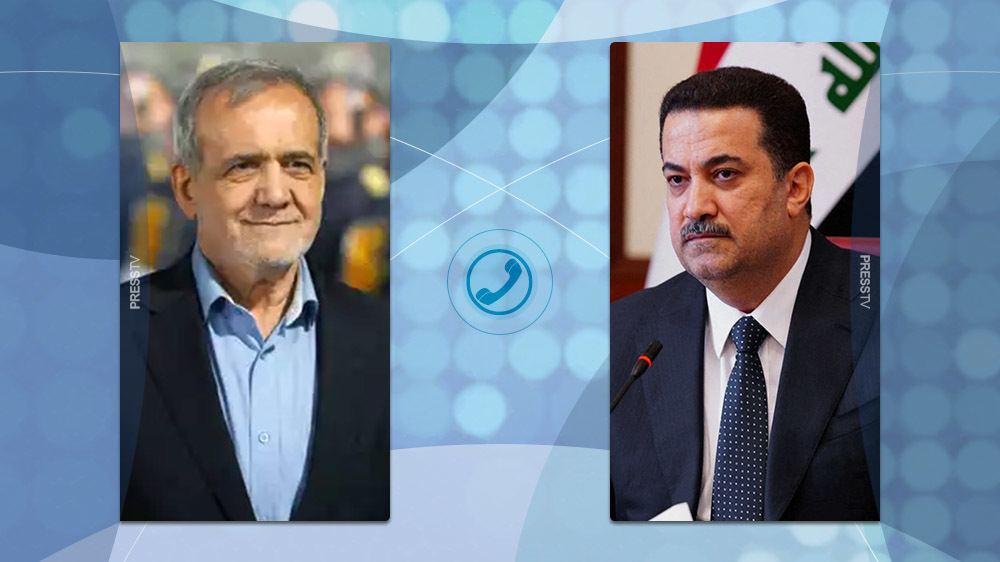
Iran determined to implement all its agreements with Iraq: President Pezeshkian
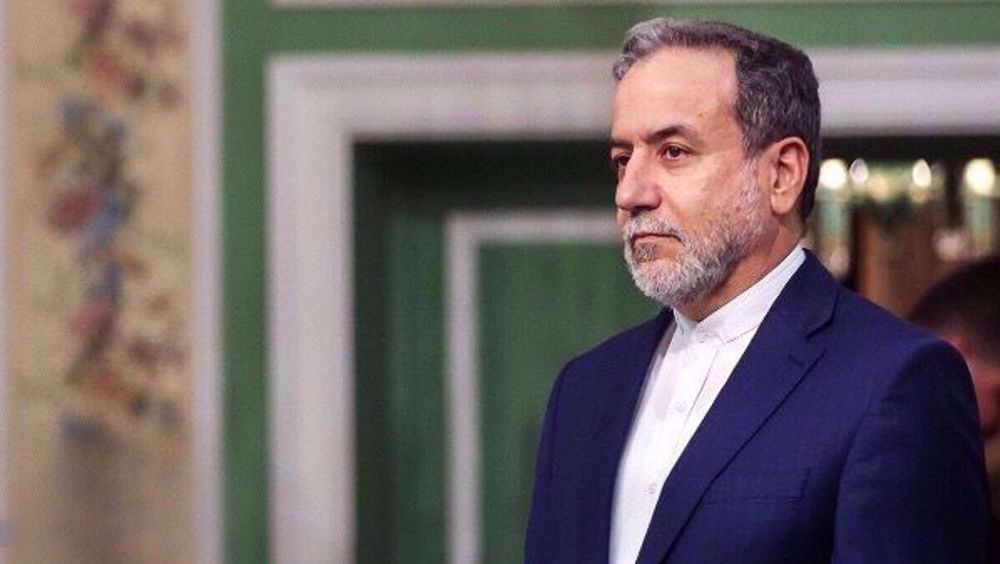
Iran: US decision to revoke Iraq waiver ‘extremely deplorable’
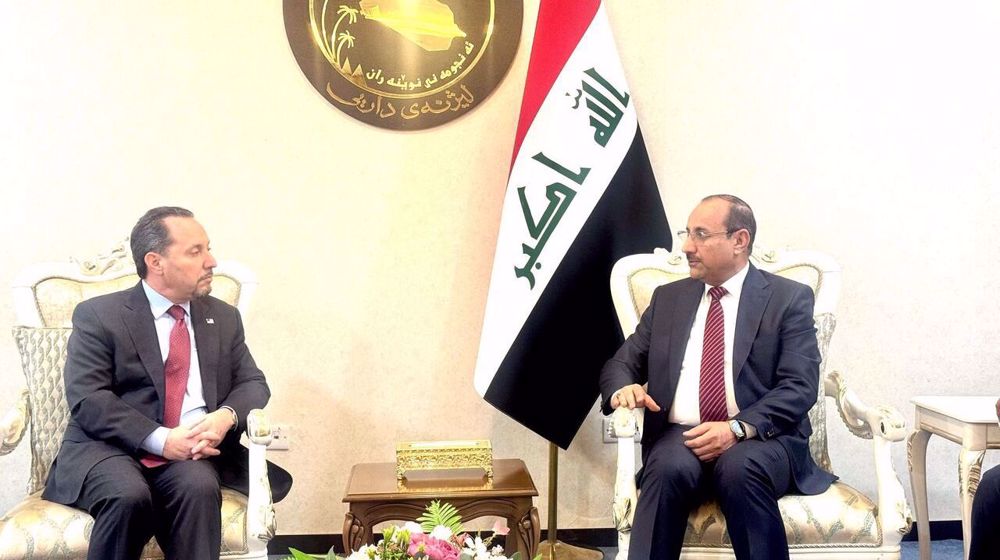
Iraq warns US its power grid would collapse without Iran gas supplies
VIDEO | British Medical Association cancels pro-Palestinian doctor’s speech
Trump admin. to freeze Brown grants, impose Harvard restrictions over pro-Palestinian protests
VIDEO | Yarmouk demonstrations condemn Israeli attacks on Syria, Palestine
VIDEO | Indian parliament approves controversial Muslim Waqf law
Yemen's army targets Tel Aviv, downs Giant Shark F360 drone in Sa’daa amid Israel’s genocide in Gaza
Islamic scholars issue fatwa urging Muslim nations to support Palestinian resistance
VIDEO | Trump trade war
Houthi: Intensified US aggression against Yemen failed


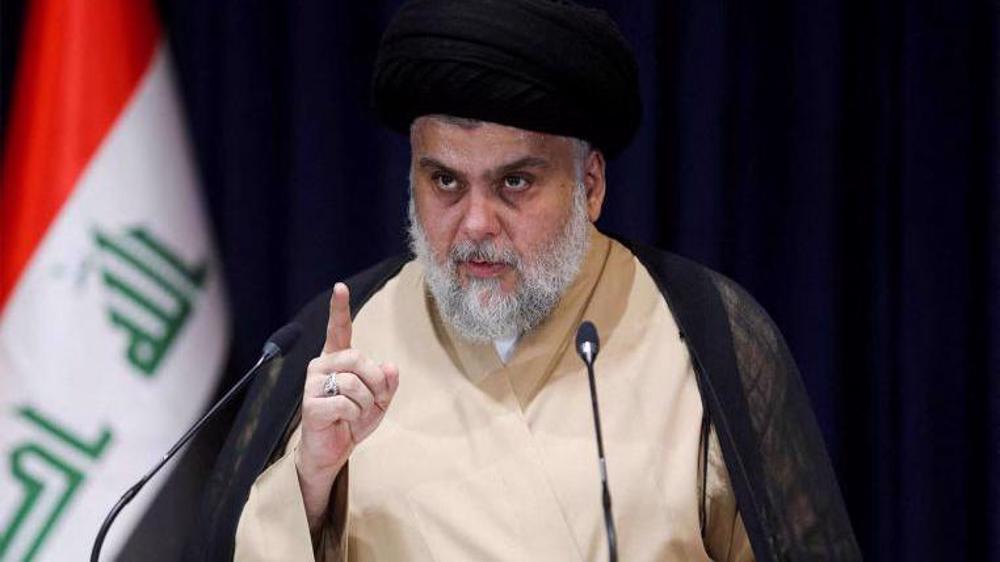
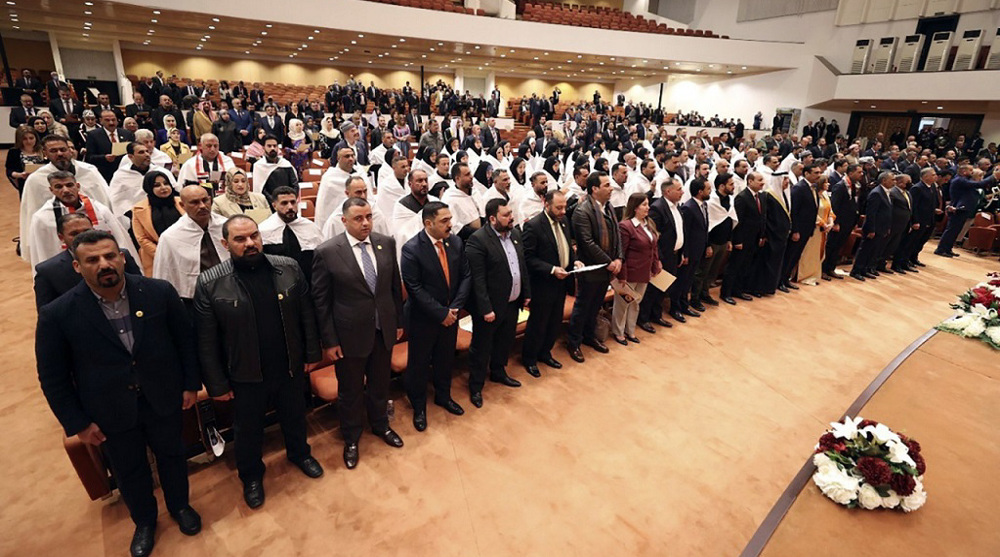
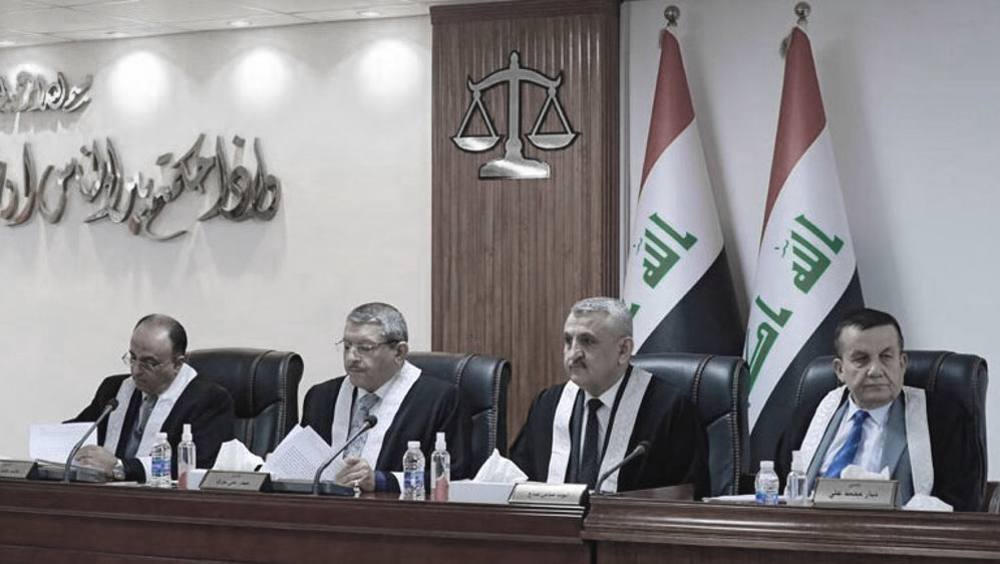



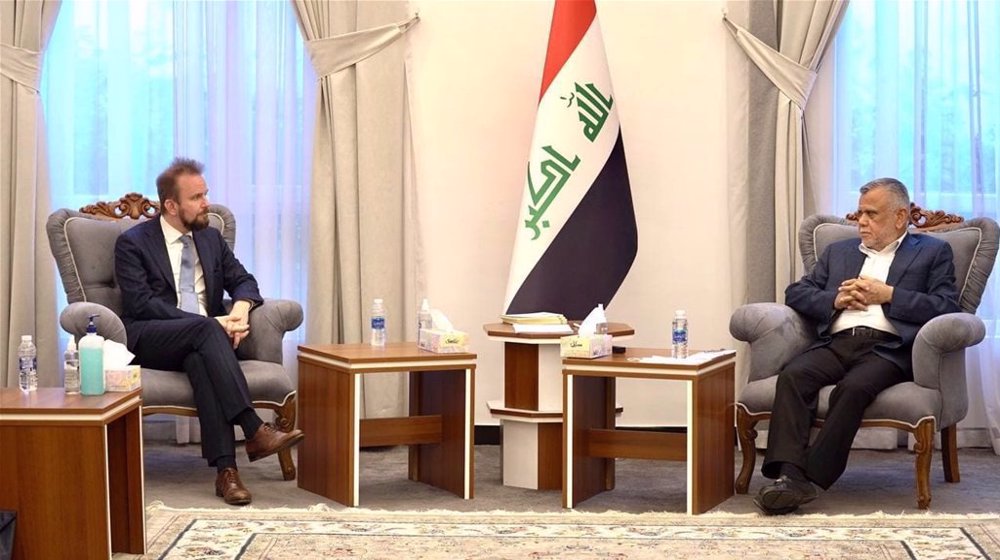
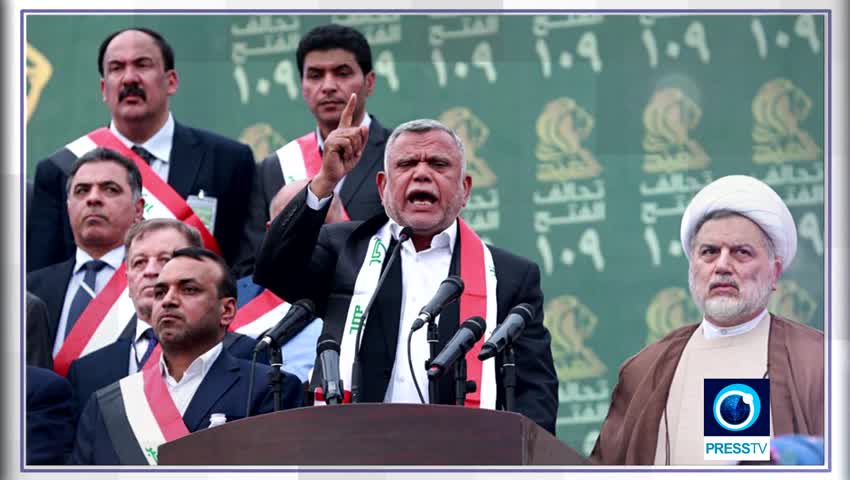
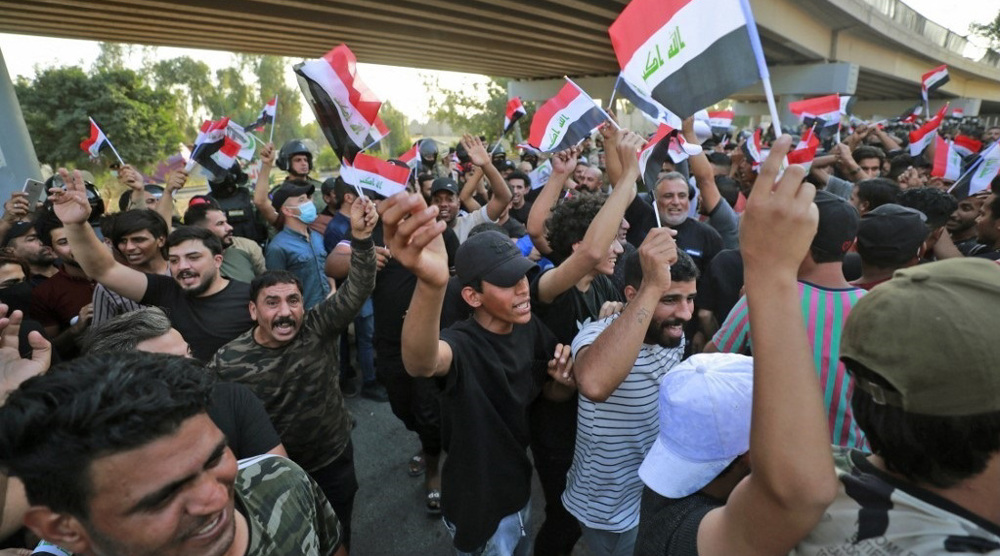
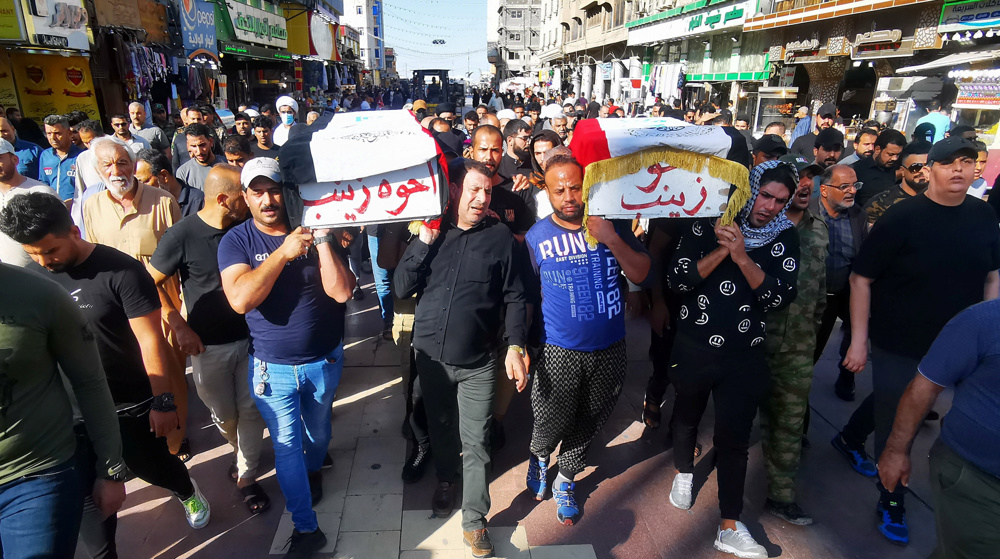
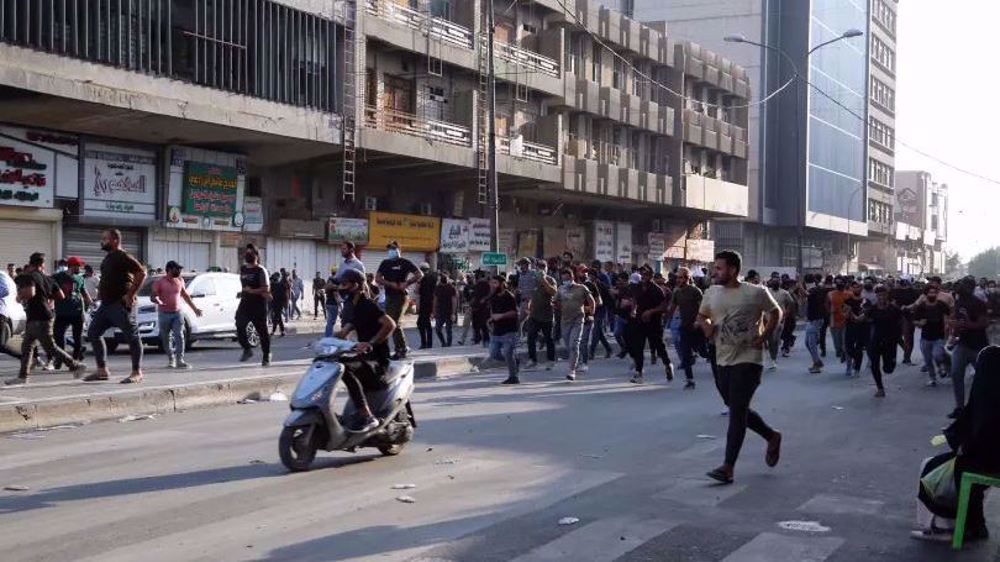
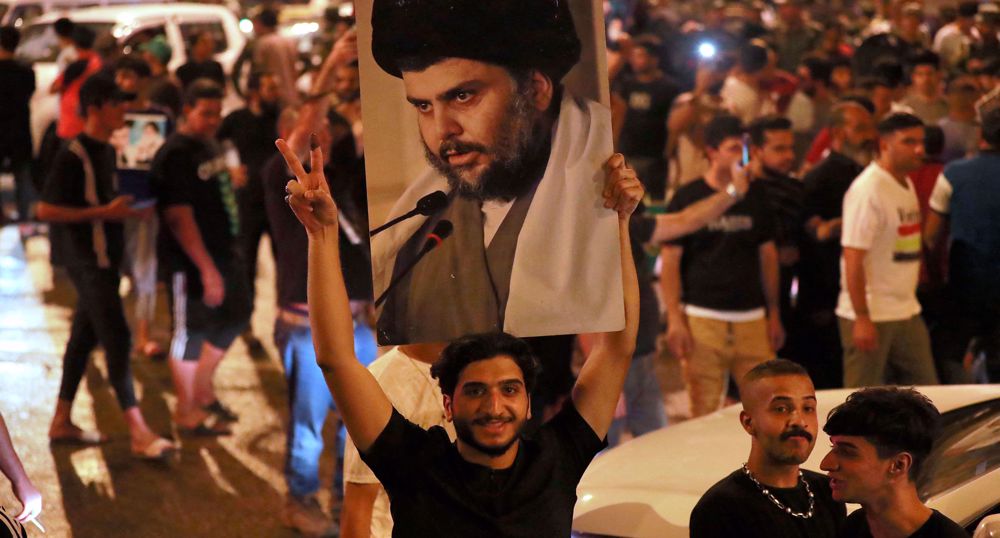
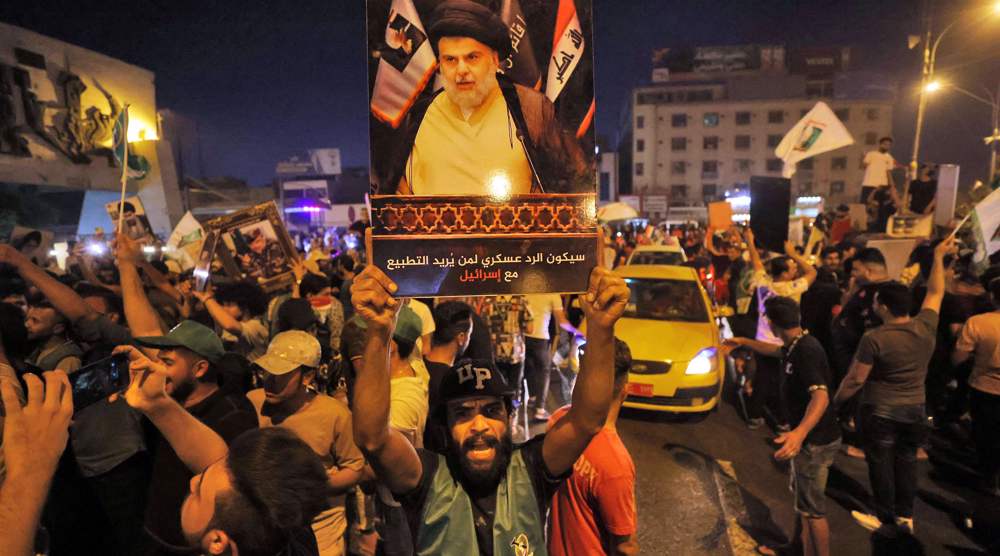

 This makes it easy to access the Press TV website
This makes it easy to access the Press TV website